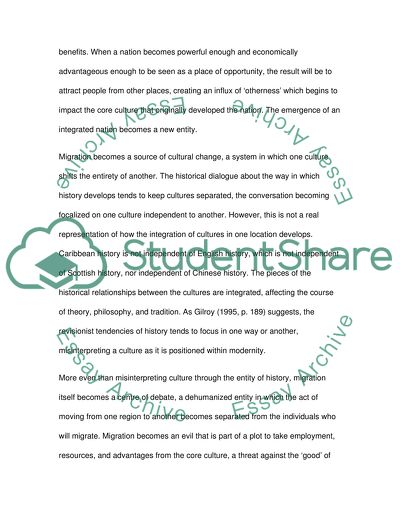Cite this document
(Issues on Global Cultural Migrations Essay Example | Topics and Well Written Essays - 1500 words, n.d.)
Issues on Global Cultural Migrations Essay Example | Topics and Well Written Essays - 1500 words. https://studentshare.org/culture/1578421-culture-and-work
Issues on Global Cultural Migrations Essay Example | Topics and Well Written Essays - 1500 words. https://studentshare.org/culture/1578421-culture-and-work
(Issues on Global Cultural Migrations Essay Example | Topics and Well Written Essays - 1500 Words)
Issues on Global Cultural Migrations Essay Example | Topics and Well Written Essays - 1500 Words. https://studentshare.org/culture/1578421-culture-and-work.
Issues on Global Cultural Migrations Essay Example | Topics and Well Written Essays - 1500 Words. https://studentshare.org/culture/1578421-culture-and-work.
“Issues on Global Cultural Migrations Essay Example | Topics and Well Written Essays - 1500 Words”. https://studentshare.org/culture/1578421-culture-and-work.


